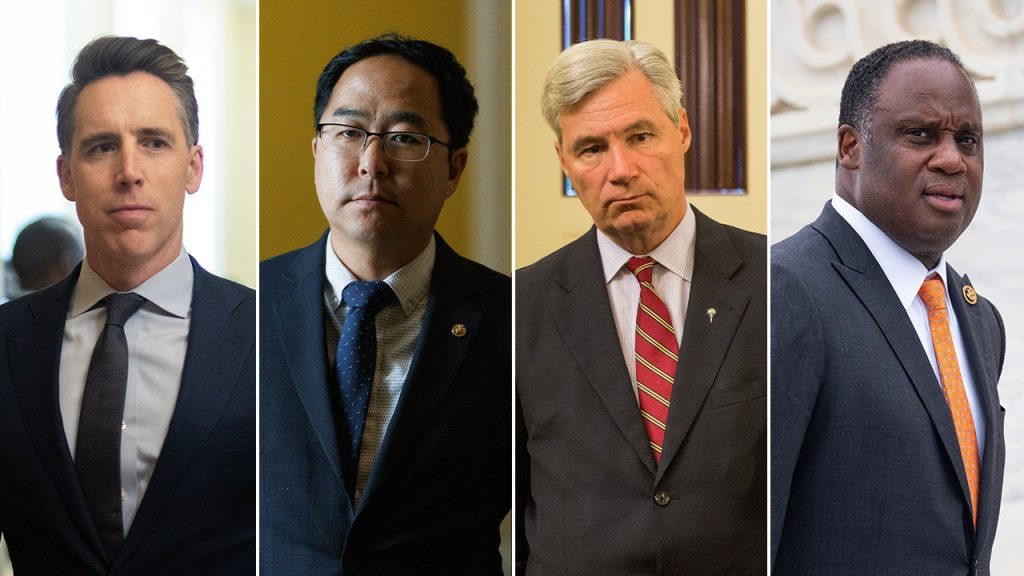Political Violence in America: A Troubling Escalation in Discourse
The assassination of Charlie Kirk has become a sobering inflection point in American politics, highlighting the dangerous deterioration of political discourse in the United States. This tragedy is not an isolated incident but part of a disturbing pattern of political violence that has emerged since July 2024. The timeline is alarming: President Donald Trump survived an assassination attempt while campaigning in Butler, Pennsylvania, only to face another would-be assassin months later; Pennsylvania Governor Josh Shapiro was targeted in an arson attack in April; and two Minnesota lawmakers and their families were attacked in June, resulting in two deaths. The escalation has created such a climate of fear that some elected officials have canceled public appearances, concerned for their physical safety in a landscape where political disagreement has morphed into something much more sinister.
Lawmakers from across the political spectrum are expressing similar concerns about the state of our national conversation. Senator Josh Hawley (R-Mo.) pointed to a troubling reality where mentally unstable individuals are “egged on by a climate” that normalizes extreme views of political opponents. This sentiment was echoed by Democratic Senator Andy Kim of New Jersey, who described the current situation as “sad and just scary,” citing a disturbing survey finding that over 50% of Americans would describe people from the opposing political party as “the enemy.” Senator Jeff Merkley (D-Oregon) reminded Americans of the foundational principle that our republic depends on resolving differences “through advocacy and voting, not through violence,” while Senator Sheldon Whitehouse (D-Rhode Island) emphasized that robust disagreement should never evolve into violence.
Charlie Kirk’s legacy makes his assassination particularly poignant. As co-founder of Turning Point USA in 2012, Kirk was known for his passionate but respectful engagement with students across the political spectrum. His “Prove Me Wrong” events on college campuses epitomized the kind of debate-centered political discourse that democracy requires to function healthily. Representative Thomas Massie (R-Kentucky) noted the painful irony that Kirk, who devoted his career to peaceful political discourse, lost his life for exercising the very freedom of speech that defines American democracy. Kirk’s approach to political debate stood in stark contrast to the violence that ultimately claimed his life.
The growing pattern of political violence has created a chilling effect on public servants and political figures, forcing many to reconsider how they engage with constituents and express their views. This atmosphere of fear threatens the foundations of democratic governance, which requires open dialogue and the free exchange of ideas. When political figures must calculate the physical risks of public appearances or expressing certain viewpoints, the marketplace of ideas that sustains democratic society begins to collapse. The trend raises profound questions about how a nation can maintain healthy political discourse when disagreement is increasingly met with violence rather than counterarguments.
Perhaps most concerning is the normalization of dehumanizing political opponents, a trend observed across the political spectrum. When Americans view those with different political beliefs as enemies rather than fellow citizens with different perspectives, the conceptual groundwork for violence is laid. Representative Jonathan Jackson (D-Illinois) highlighted this connection, noting that “violent words precede violent actions.” This observation points to a crucial insight: the heated rhetoric that has become commonplace in American politics isn’t merely unpleasant—it can have lethal consequences by creating an environment where violence against political opponents becomes conceivable to unstable individuals.
Looking forward, Senator Hawley offered a simple but profound suggestion for addressing this national crisis: “Part of the way we stop it is we realize that there’s stuff in life that’s more important than politics.” This perspective speaks to the need for Americans to rediscover their common humanity beyond political affiliations. The path toward healing America’s political discourse likely requires both institutional responses to protect public figures and a cultural shift away from the demonization of political opponents. If citizens and leaders can recommit to viewing political disagreement as a natural component of democracy rather than an existential threat, perhaps the nation can begin to reverse the dangerous trajectory that led to Charlie Kirk’s death and other acts of political violence. The question remains whether Americans across the political spectrum are willing to undertake this difficult but essential work of democratic renewal.


